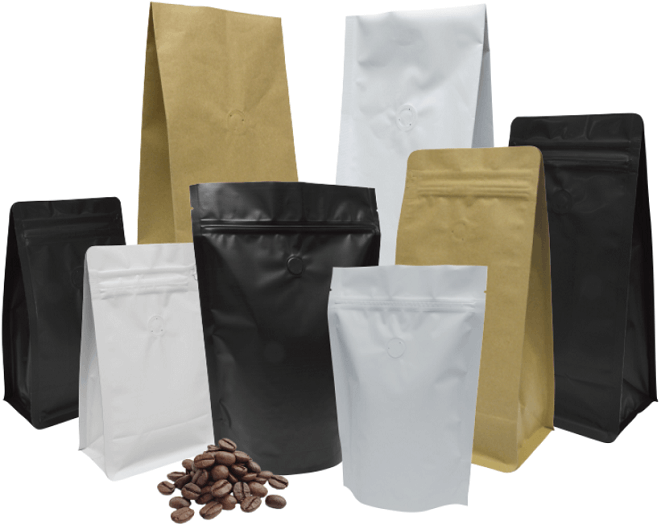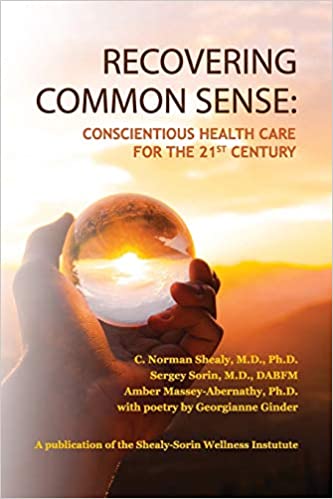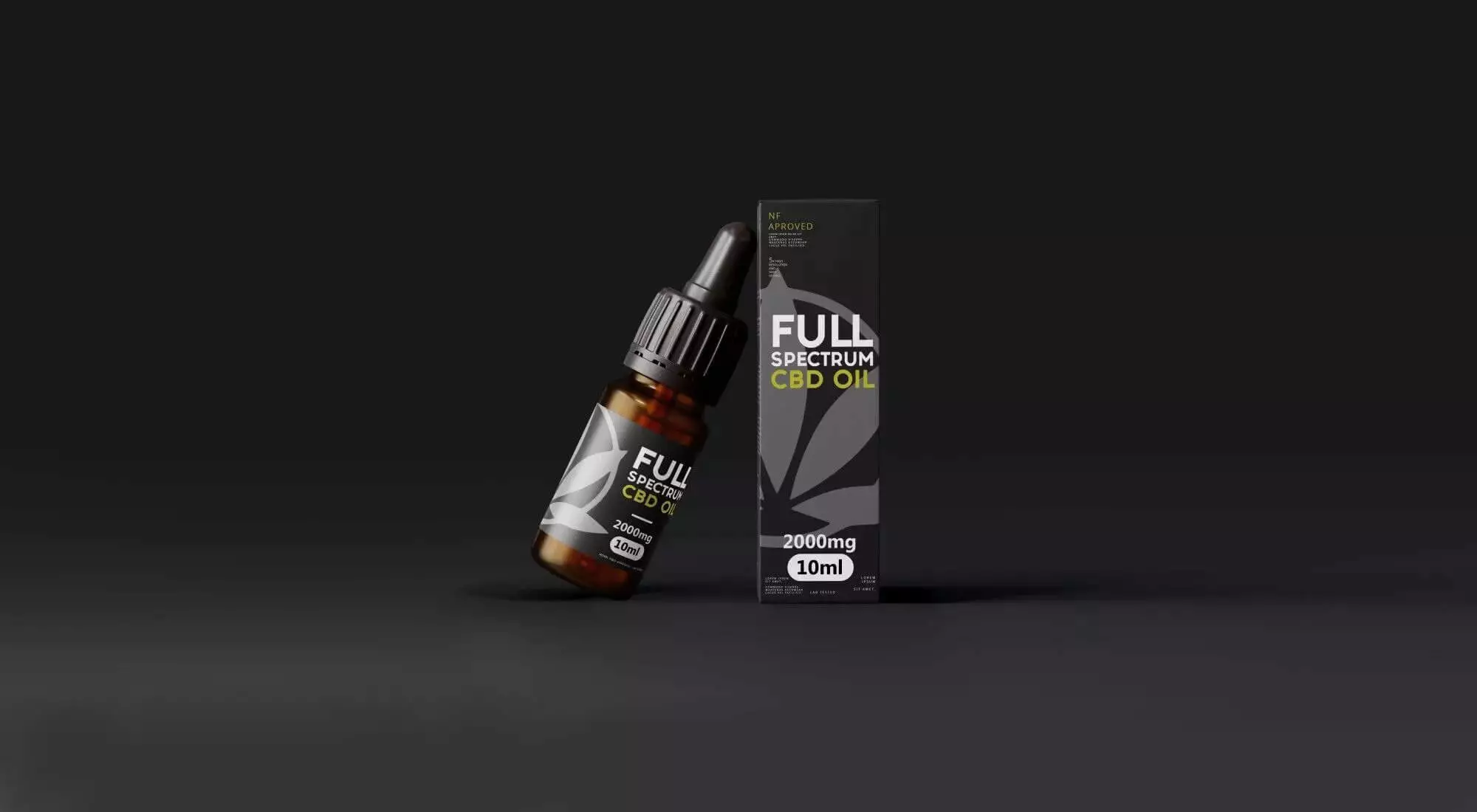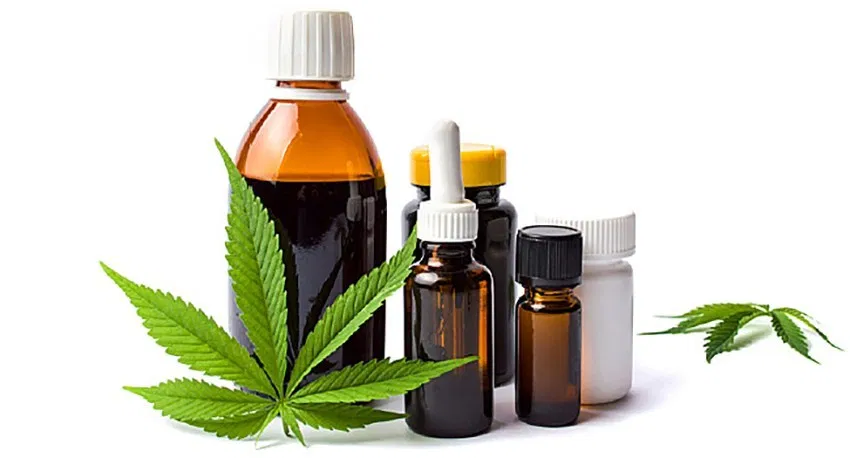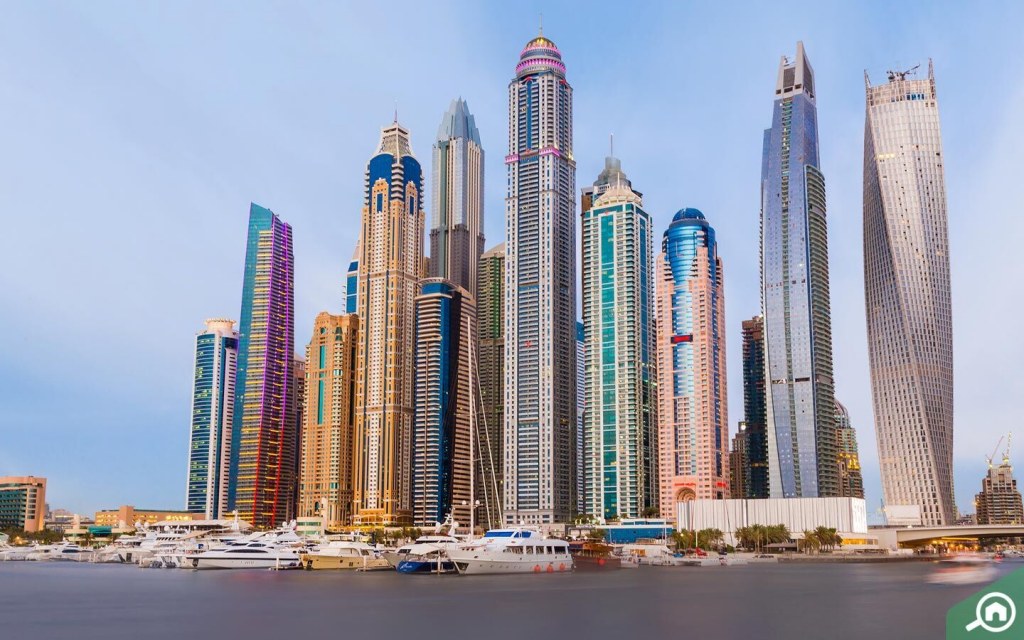Water hardness, the measure of mineral content in water, can vary significantly across different zip codes. As I traveled from one neighborhood to another, I noticed how the taste and effects of hard water differed drastically. In some areas, my morning coffee tasted bitter and left a residue on my kettle, while in others, it was smoother with no signs of scaling. Understanding why this variation occurs is crucial for every homeowner seeking optimal water quality. Join me as we dive into the fascinating world of water hardness and explore its diverse manifestations across zip codes to know Water Hardness By Zip Code.
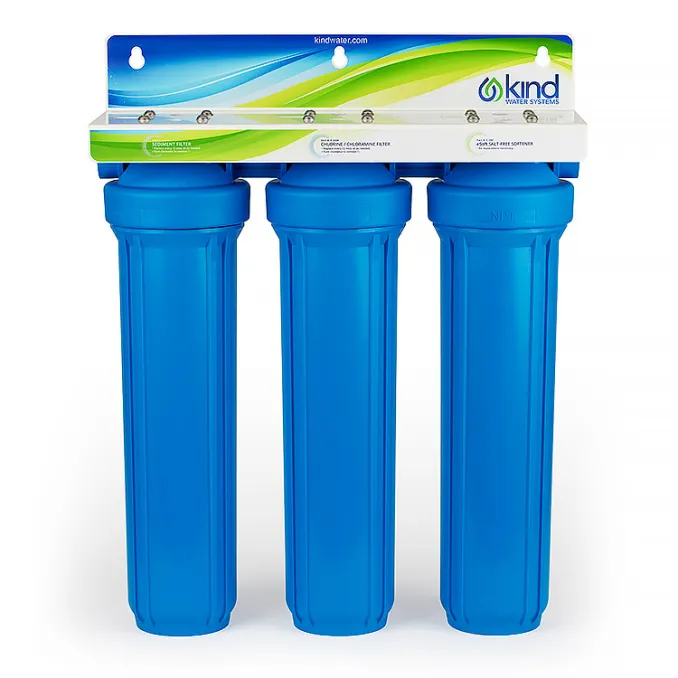
Content
Factors Affecting Water Hardness Variation
Water hardness is not a uniform characteristic across different areas. Various factors contribute to the variation in water hardness levels. Let’s explore two major categories of these influencing factors: geological and environmental.
Geological Factors
Geological features, such as rock formations and soil types, play a significant role in determining the mineral content found in groundwater sources.
- Rock Formations: Different types of rock can contain varying amounts of minerals like calcium and magnesium. As water flows through these rocks, it leaches minerals into the groundwater, affecting its hardness.
- Soil Types: The composition of soil can influence the quality of water as it percolates through layers before reaching underground aquifers. Soils rich in limestone or other mineral deposits may contribute to higher levels of water hardness.
Understanding how geological factors shape water hardness helps us comprehend why certain regions have harder or softer water than others.
Environmental Factors
Apart from geology, environmental aspects also impact water hardness due to human activities and natural processes:
- Industrial Activities: Industries can release various chemicals into nearby rivers or lakes that serve as sources for public drinking water supply. These pollutants may increase the mineral content, thereby elevating water hardness levels.
- Pollution: Contamination caused by sewage discharge or agricultural runoff containing fertilizers adds additional impurities to freshwater sources. This pollution affects both surface waters (rivers) and infiltrating waters (groundwater), potentially altering their overall composition including mineral concentrations.
- Agricultural Practices: The use of chemical fertilizers and pesticides can introduce excess nutrients into surrounding ecosystems. When rainwater washes over farmlands carrying these substances, they may find their way into local bodies of water—leading to potential changes in their chemical makeup and subsequently impacting water hardness.
Examining these environmental factors alongside geological influences provides a comprehensive understanding of why different zip codes experience variations in water hardness levels.
Regional Variations in Water Hardness across Zip Codes
Water hardness levels can vary significantly from one zip code to another, leading to distinct experiences for residents. Let’s delve into two case studies that highlight the effects of high and low water hardness levels.
Analyzing zip codes with high water hardness levels
In certain areas, specific zip codes exhibit elevated mineral content in their water sources. Several factors contribute to this phenomenon:
- Geological Factors: Regions with geological formations rich in minerals like limestone or gypsum tend to have higher water hardness due to the leaching of these minerals into groundwater sources.
- Industrial Activities: Areas near heavy industries might experience increased contamination of freshwater sources, resulting in heightened mineral concentrations and subsequently harder water.
The impacts of high water hardness can be observed in various aspects:
- Household Appliances: Hard water can cause scale buildup inside appliances such as kettles, coffee makers, and dishwashers. This accumulation reduces efficiency over time and may lead to costly repairs or replacements.
- Plumbing Systems: Mineral deposits within pipes restrict the flow of water, reducing overall pressure and potentially causing clogs or leaks that require plumbing maintenance.
- Cleaning Routines: Soap does not lather as effectively in hard water due to interactions between soap molecules and dissolved minerals. This makes it more difficult to achieve a satisfactory level of cleanliness when washing dishes, and clothes, or even taking showers.
Examining zip codes with low water hardness levels
Conversely, some areas boast zip codes where the prevalence of soft or moderately hard waters brings benefits for consumers:
- Soap Usage: With lower mineral content interfering less with soap molecules’ interaction, less soap is needed for effective cleaning—leading to potential cost savings over time.
- Skin Conditions: Softened waters are gentler on the skin compared to hard waters which may leave residues behind after showering. People living in these zones might experience fewer skin irritations or dryness.
- Reduced Scaling Issues: Soft water minimizes the formation of scale deposits on household fixtures, appliances, and surfaces. This reduces maintenance efforts and extends the lifespan of these items.
By examining regional patterns based on geological factors, climate variations, or human activities such as agriculture or mining, we can gain insights into why specific zip codes exhibit different water hardness characteristics.
Conclusion
Understanding the variations in water hardness across different zip codes is vital for homeowners seeking optimal water quality. Whether dealing with high mineral content or enjoying the benefits of softer waters, recognizing these differences empowers us to make informed decisions about filtration methods and maintenance routines. Embrace your zip code’s uniqueness and ensure the best water experience for your household!
FAQs
Is water hardness consistent across all zip codes?
No, water hardness can vary significantly from one zip code to another due to geological and environmental factors unique to each region.
What causes the differences in water hardness levels between zip codes?
The variation in water hardness is primarily influenced by geological factors such as rock formations and soil types, as well as environmental factors like industrial activities, pollution, and agricultural practices.
Can I determine the water hardness level in my specific zip code without testing it myself?
While it’s challenging to accurately predict the exact water hardness level without testing, you can gather some insights by researching local reports or contacting your municipal water supplier for general information on average water quality within your zip code area.

Helen Bradley is a health blogger and the founder of her own blog about fitness. She has been blogging for three years now and loves to share what she learns with others. Helen enjoys reading, cooking, and staying active outdoors.
